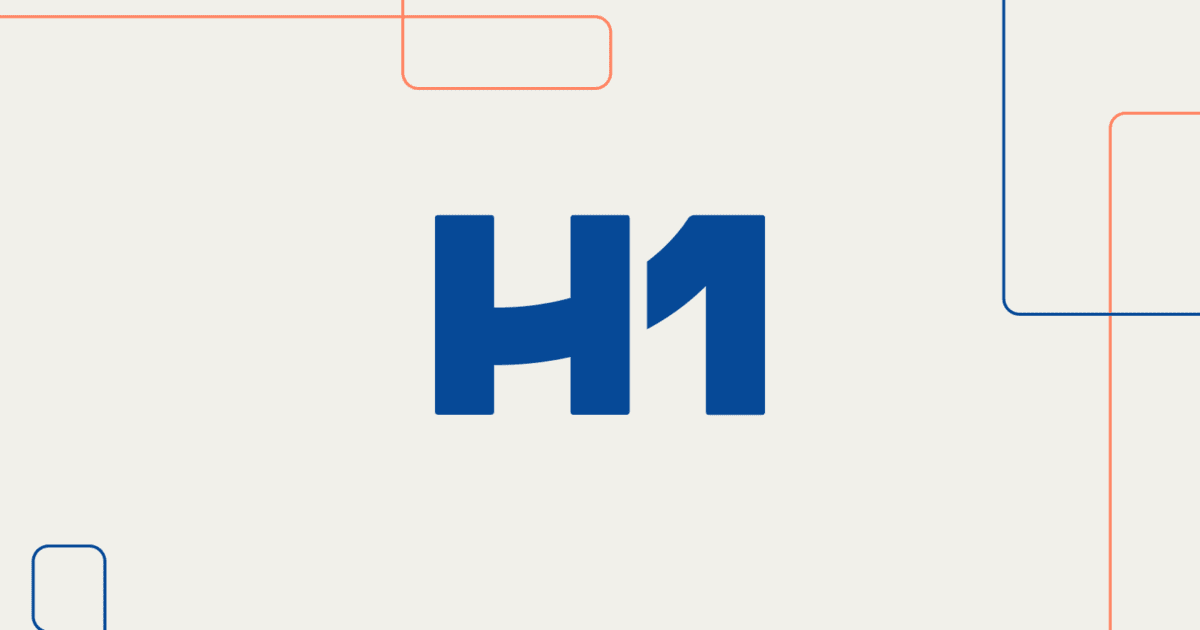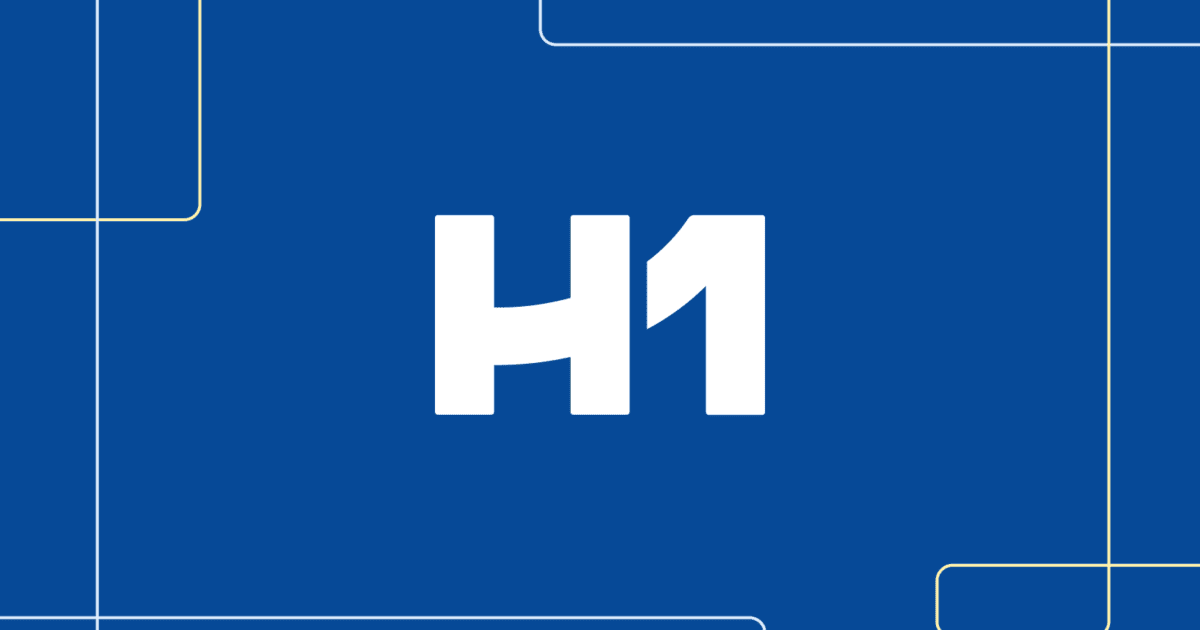Healthcare Cloud Adoption; How It Can Impact Medtech Sales

After a slow start, cloud computing in the medical field is seeing a higher rate of adoption. MarketsandMarkets projects the global healthcare cloud computing market, with North America leading the way, will grow from $19.46 billion in 2018 to $44.932 billion by 2023, a CAGR of 18.2 percent. Big data, innovation in clinical documentation, healthcare Internet of Things (IoT) technology, wearable devices, as well as growing demand for data storage and backup are driving growth.
Healthcare Cloud Benefits
Now that the initial hesitancy over healthcare cloud technology seems to have passed, your sales team may find healthcare prospects are more receptive to the benefits cloud solutions offer:
IT CAPEX Transitions to OPEX
Software as a Service (SaaS) delivery minimizes the upfront investment a healthcare organization needs to make in new technology. The software can be purchased on a monthly or annual basis, turning your prospect’s request for a capital expenditure into an operating expense, which often times can be much easier to approve.
Fewer On-Site IT Resources Required
Software upgrades, patches and technical support can be included in the monthly or annual subscription cost, so a healthcare organization’s already overburdened IT staff has one less system to take care of.
Easier Scalability
If the healthcare organization’s needs change, a cloud-based solution is much easier to scale up or down. They can pay for what they need, when they need it, rather than taking the financial risk of making a CAPEX investment and then not needing to support as many users or access as many system features in the future.
Backup & Data Recovery
Cloud solutions are cost-effective solutions for keeping mission-critical data accessible without having to acquire and manage their own servers and data processes. A HIMSS survey found 60 percent of healthcare providers are using cloud for backup and data recovery.
Accessibility
Cloud computing in the medical field is the key to remote monitoring — even when patients are in their homes. The cloud allows healthcare practitioners to evaluate a patient’s condition or receive alerts based on data from IoT or wearable devices. Healthcare applications in the cloud are also an efficient way for members of a collaborative team distributed across multiple locations to access a patient’s data.
New Capabilities
Cloud solutions give healthcare providers an easier on-ramp to using new technologies that can enhance patient care, expand services, and operate more efficiently. You may also have the ability to provide data analysis on your system’s entire user base that the healthcare organization can use to understand the factors that lead to the best outcomes.
A Word About Security
Healthcare cloud providers like Microsoft Azure and Amazon Web Services (AWS) employ skilled security experts. Few on-site systems could rival the level of security and uptime that these cloud service providers can. But don’t confuse cloud security with application security. Cyberattacks take place at different levels of computing, so your systems and the way a healthcare organization uses them must also be secure. A device with a default password that’s never changed or a provider that grants excessive user permissions can still create vulnerabilities that a hacker can exploit.
Train your sales team on how healthcare providers can use your MedTech systems most securely to keep data and their networks safe — and to help build a relationship as a valuable business partner for your customers.
Prove & Facilitate HIPAA & FDA Compliance
Another facet of healthcare cloud technology that could impact sales is compliance with HIPAA and FDA regulations. If your MedTech system stores or processes protected health information (PHI) that could be matched with specific individuals, your business falls into the category of HIPAA business associates. This requires you to execute a business associate contract that focuses on security and privacy, describing the permitted uses of the PHI you process or store and explaining the safeguards you use to protect it.
You must also meet all FDA requirements for device security, both premarket and postmarket, to minimize risks to cybersecurity.
Recommend that healthcare providers perform risk analyses and implement security measures — including physical security, administrative security procedures, and technical solutions such as access control and audits — to reduce any risks associated with using your system.
Understanding the requirements that a healthcare organization must meet to use your MedTech system, fully explaining benefits, working with clients to optimize security, and providing your customers with necessary compliance documentation could help shorten the sales cycle and build stronger business partnerships.
